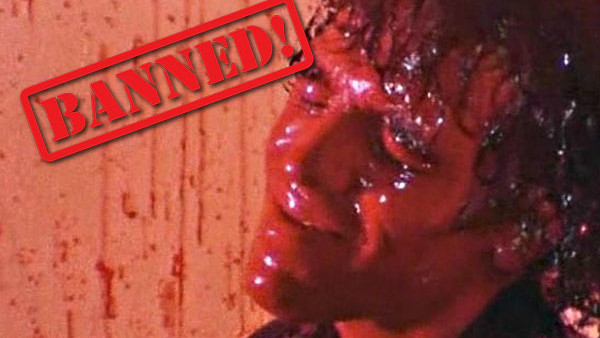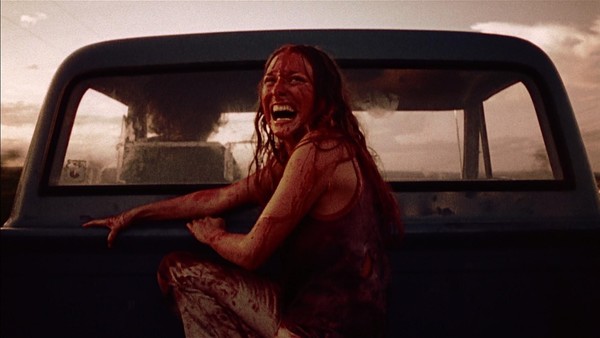10 Video Nasties That Became Horror Classics
Not so nasty after all.

Videos – remember those? It’s hard to imagine these days but back in the 1980s that now massively outdated medium caused quite the moral outcry in Britain and one that saw some of the horror genre’s most important and well-made movies lambasted and lumped in with the likes of Killer Nun and Gestapo’s Last Orgy.
To understand just how a little background on the state of British censorship during the home video boom of the early 80s is required. Those were the days before the Video Recordings Act came about in 1984 and dictated what us Brits could and couldn’t watch in the comfort of our own homes and though the BBFC was responsible for the regulation of theatrical releases the home video market was pretty much an unregulated free-for-all.
This meant any amount of cinematic depravity could worm its way into the homes of British families and corrupt young and impressionable minds. Certain folk like Mary Whitehouse and Daily Mail journalists took issue with this and so the video nasty movement was born.
Armed with a list of so-called video nasties drawn up by the Director of Public Prosecutions (DPP), these moral crusaders sought to limit the amount of violence and sex we could see on our TV screens. Some movies were seized from rental shops by local authorities and some were even prosecuted under the Obscene Publications Act. In any event, it wasn’t a very fun time to be a horror fan or filmmaker.
But times have changed and some movies once deemed exploitative, harmful trash are today rightfully hailed as the horror masterpieces they truly are … Killer Nun and Gestapo’s Last Orgy are still terrible films though.
10. The Texas Chainsaw Massacre

Even before the video nasty uproar Tobe Hooper’s
groundbreaking horror The Texas Chainsaw Massacre had already caused a stir
amongst British censors. Initially refused certification by the BBFC, the film
remained banned until it was finally passed uncut in 1999 during which time the
word ‘chainsaw’ was also prohibited from use in film titles.
It was deemed so worrisome that after an uncut screening of the film for the BFI, former BBFC examiner James Ferman allegedly said, “It’s all right for you middle-class cineastes to see this film, but what would happen if a factory worker in Manchester happened to see it?” Such concerns increased tenfold when The Texas Chainsaw Massacre was released on VHS during the video nasty rumpus and could be widely seen by Mancunian factory workers and other such easily influenced plebs.
Predictably, the people of Manchester didn’t turn into chainsaw-wielding maniacs upon the movie’s unbanning and today Hooper’s film is appreciated as one of the 20th century’s most important horrors.